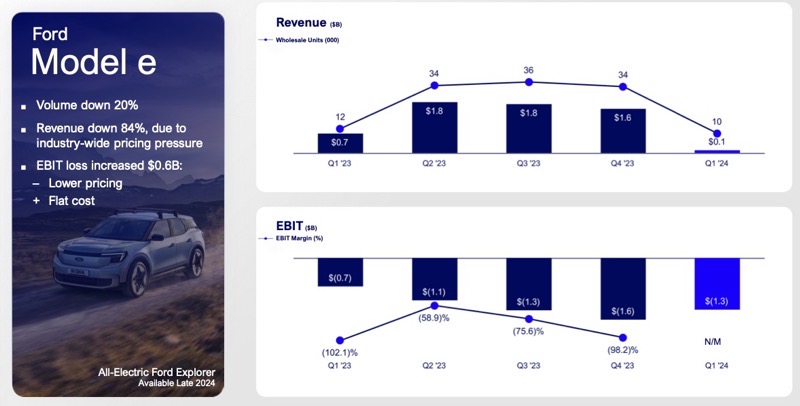
Ford Halts F-150 Lightning Reservations, Orders Approach ‘200,000 Units’

According to Automotive News, Ford Motor Co. on Wednesday shut down reservations for its all-electric F-150 Lightning pickup as it gears up to start taking actual orders for the truck next month.
Ford F-150 Lightning reservations topped 130,000 in September, and, according to Ford CEO Jim Farley, were “approaching 200,000 units” in November.
The 2022 F-150 Lightning is a fully electric pickup truck from Ford that features dual electric motors expected to produce 563 horsepower and 775 pound-feet of torque. The veteran automaker is aiming to launch the F-150 Lightning in the spring at a starting sticker price of $39,974 USD.
A Ford spokeswoman confirmed that the reservation system for the F-150 Lightning is now offline.
Reserving an F-150 isn’t the same as ordering one — reservation holders are guaranteed to receive an invite to actually order one once Ford starts accepting actual orders, but not all reservation holders are guaranteed to receive an invitation to order a 2022 model year F-150.
The spokeswoman said Ford will be taking a “waved invitation approach” to the process, inviting reservation holders to place orders at staggered dates starting in January.
“The number of waves will be adjusted throughout the process based on available commodities and customer order rates from each previous wave,” said the spokeswoman in a statement.
“Invitations to order a 22MY will continue to be sent to reservation holders until 22MY production is fulfilled. Remaining reservationists will be invited to order in subsequent model years.”
Ford has seen massive demand for the F-150 and expects it to grow even further, with Farley saying he thinks over 80% of reservation holders will go on to actually place orders. Citing high demand, Ford has actually doubled its production target for the F-150 from 40,000 units to a whopping 80,000 per year by 2024.
According to reports, the company has actually told suppliers it expects to produce 80,000 vehicles per year even earlier than that — by January 2023, in fact, with peak capacity for up to 88,000.

